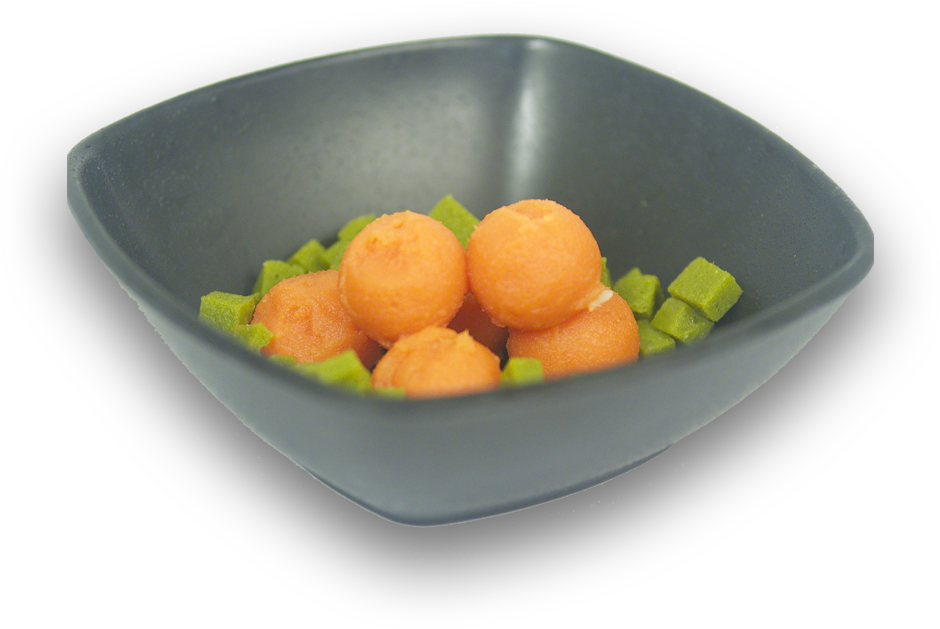

"... The pleasure of eating is for all ages, all conditions, all countries and all days; it can be associated with all other pleasures, and remains the last to comfort us for their loss..."
The challenge of ensuring protein-energy support for elderly people

The prevalence of malnutrition is high in geriatric institutions, where more than 70% of the inhabitants of the institute have moderate risks of severe malnutrition.
For 30% to 61% of them a protein-energy malnutrition is diagnosed. This generates a loss of muscle mass which can be responsible for inability to perform daily activities and a loss of autonomy among the elderly.
In the geriatric institutions, nutritional problems are predominant due to age and dietary handicaps as well as the many present pathologies and the number of ingested drugs. The causes of malnutrition observed in health establishments are medical but also equally logistical and organizational. Pathologies induce a change of nutritional needs among residents and patients who often cannot adapt due to inadequate diet and schedules, or even due to a non-existent (or too brief) assistance with eating.
Among residents in EHPAD (nursing home), the lack of appetite multiplies the risk of malnutrition by a factor of 8.
The Consequences of Malnutrition
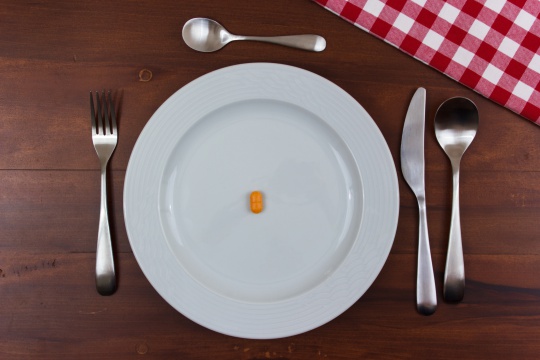
- Delayed wound healing and trophic disorders
- Immunosuppression
- Decrease in mass and muscle strength
- Central & peripheral neurological impairments as well as intellectual function troubles
- Endocrine disorders
- Effect on the blood lines
- Change in the drugs’ pharmacokinetics
- Increase in morbidity and mortality
- Decrease in quality of life
- Increase in the costs inherent to pathology treatments
Key figures

60%
of seniors in an institution suffer from dementia

50%
of the elderly have Alzheimer’s

10%
of these people have eating behaviour disorders

35%
of the residents of an institution have swallowing and chewing disorders

3,5%
of the residents in an E.H.P.A.D eat with their fingers
Nutrition according to your resident’s health
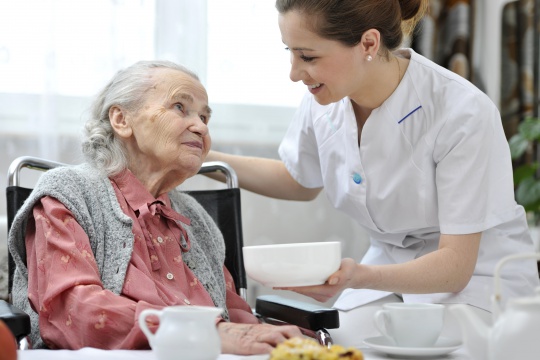
The intake capacity of a person in volume per day (excluding sauce) varies depending on their health status:
- For a healthy person: 0.800 kg to 1.000 kg
- For a senior in E.H.P.A.D: 0,600 kg to 0, 700 kg
- For a senior in E.H.P.A.D with enriched diet: 0,500 kg
Effectiveness of food with high micro-nutrient density

Intensify the effectiveness of food with high micro-nutrient density: The food contains nutrients (proteins, lipids, carbohydrates), which provide energy (calories). They also contain micronutrients (vitamins, minerals, oligo-elements, polyphenols, fibre, water…).
It is necessary to focus on the micronutrient-rich foods to offer the elderly a “high micro-nutrient density” diet. The food supply will increase the micro nutritional density, by providing fruits, vegetables, unprocessed foods, fresh or frozen products, as well as unrefined products such as rice or wholemeal bread, and on a daily basis.
The challenge in dealing with malnutrition and to guarantee an adequate diet for the elderly is combined with the necessity to pay greater attention to quality and quantity of proteins.
EXPERTISES MÉTIERS
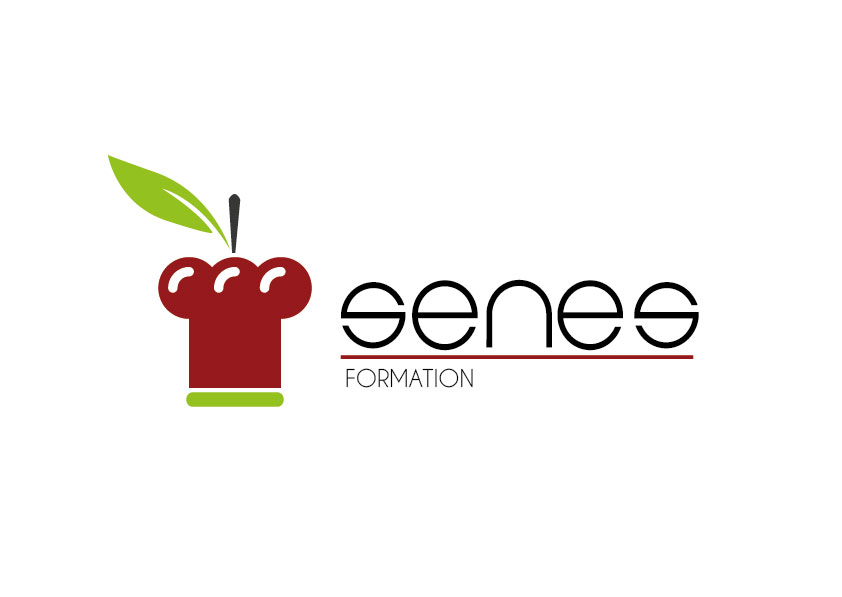
Senes Training
We offer our culinary skills, to which we add our scientific and technological expertise, by giving you access to personalised support to reconcile the pleasures of nutrition and catering.
Learn more
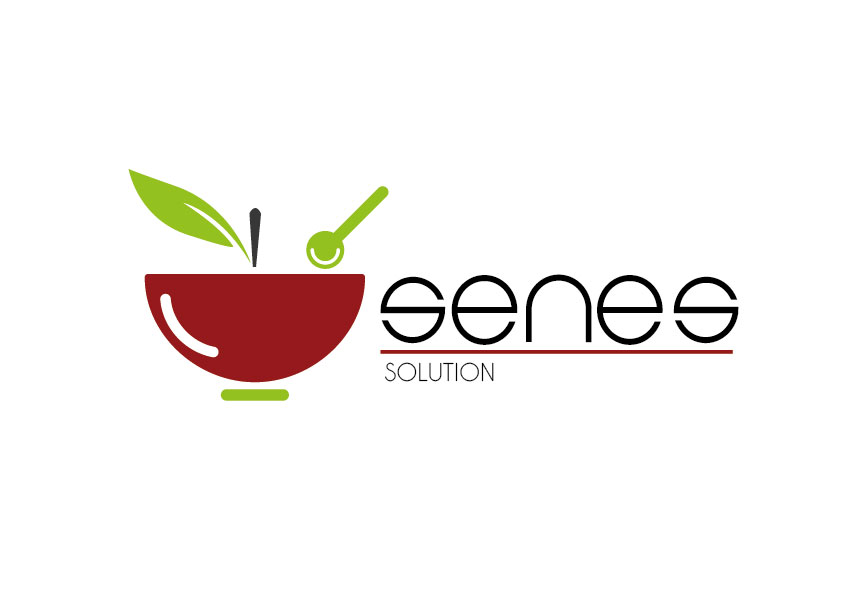
Senes Solutions
Suppliers of ingredients of plant origin for the sectors of HEALTH and NUTRITION, we develop and sell a range of culinary aids.
Learn more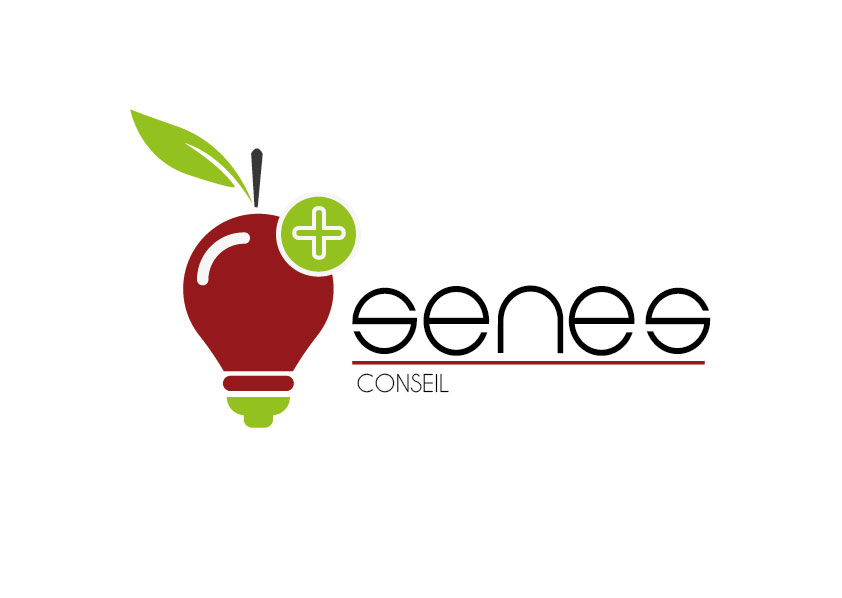
Senes Advice
The close relationships we build daily with our partners and with our clients allow us to be closer to their activities and thus to provide graphic and scientific expertise in the realization of their projects.
Learn more
Senes Communication
In partnership with an audio-visual professional, we support you in the making of the video aids you plan to use to present the company’s products and/or activities.
Learn more